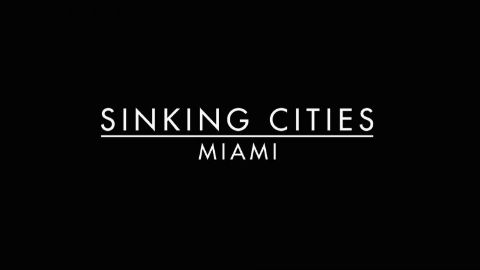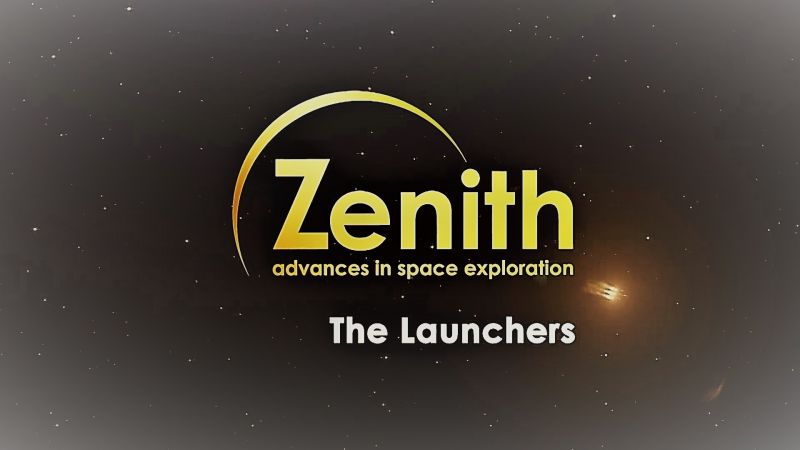Computer Says No • 2022
Daniel Henry dives into the new world of algorithms and computer-automated hiring, with the help of an animated co-presenter to explain how the technology works. Daniel's journey begins at the first stage of a job application - writing a CV. At the University of Liverpool, he is given tips from their student career advisers about how best to tailor his CV so it isn't rejected by software used to select applicants to progress to the next stage. But he discovers there may be ways to play this system.
Make a donation
Buy a brother a hot coffee? Or a cold beer?
Hope you're finding these documentaries fascinating and eye-opening. It's just me, working hard behind the scenes to bring you this enriching content.
Running and maintaining a website like this takes time and resources. That's why I'm reaching out to you. If you appreciate what I do and would like to support my efforts, would you consider "buying me a coffee"?
Donation addresses
BTC: bc1q8ldskxh4x9qnddhcrgcun8rtvddeldm2a07r2v
ETH: 0x5CCAAA1afc5c5D814129d99277dDb5A979672116
With your donation through , you can show your appreciation and help me keep this project going. Every contribution, no matter how small, makes a significant impact. It goes directly towards covering server costs.





